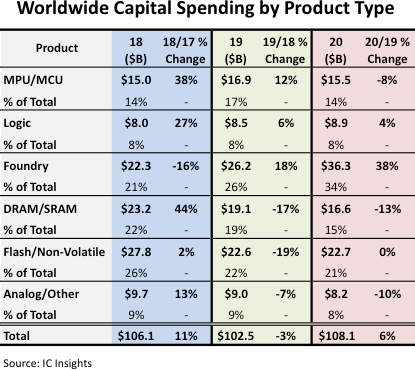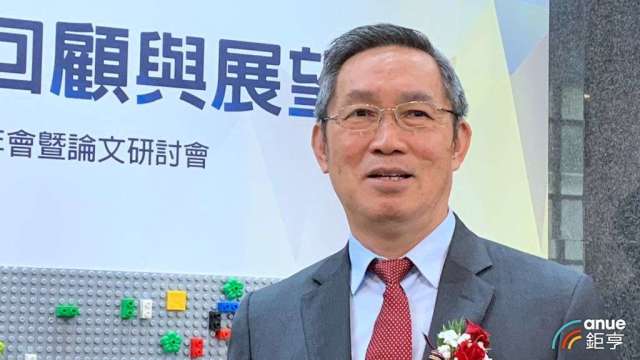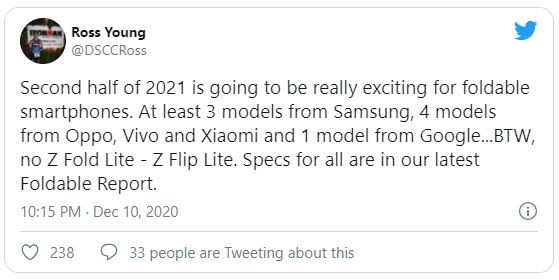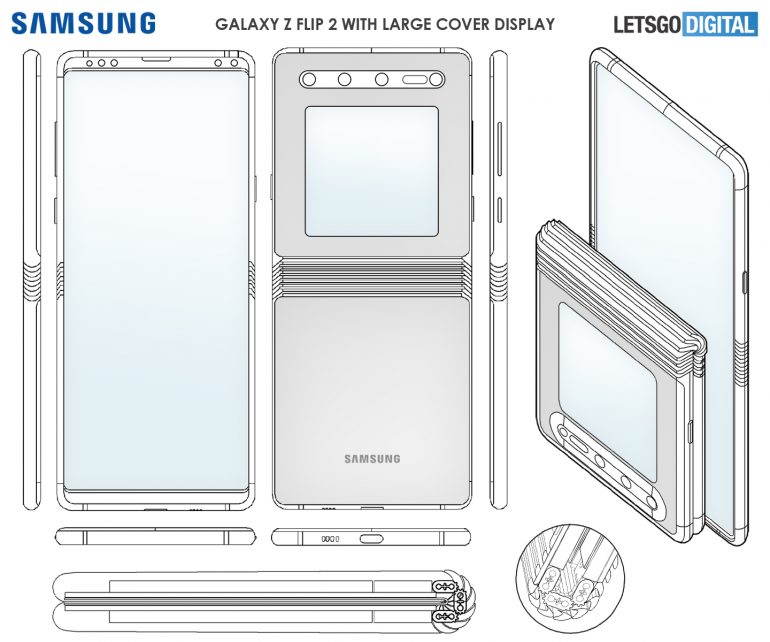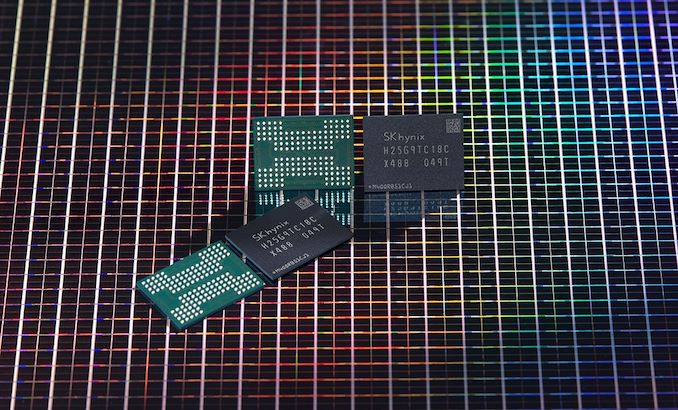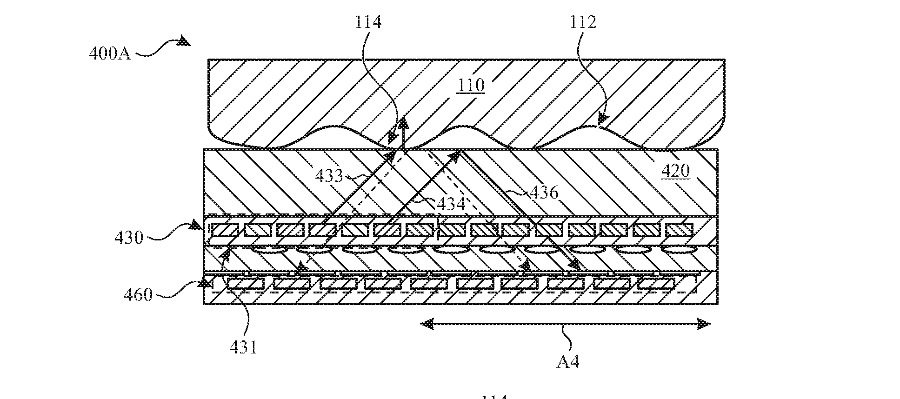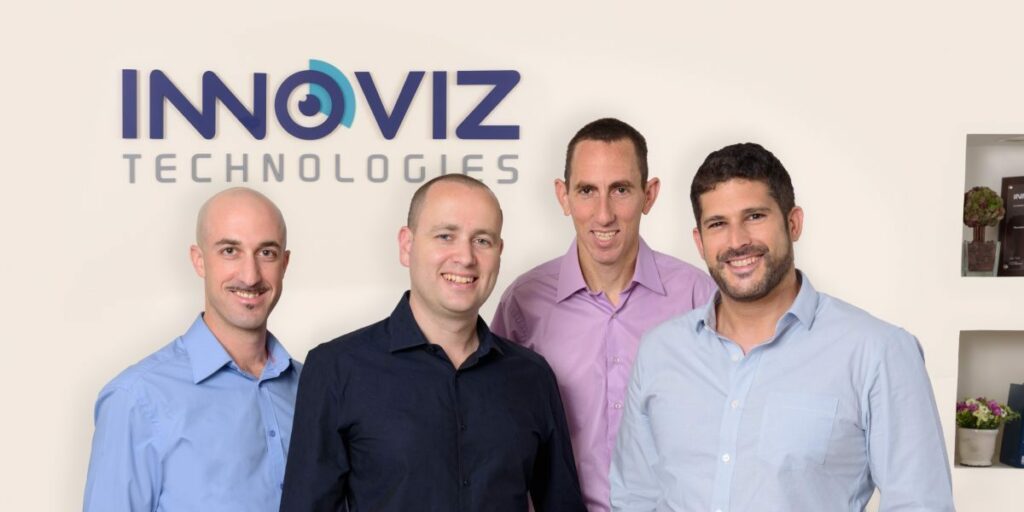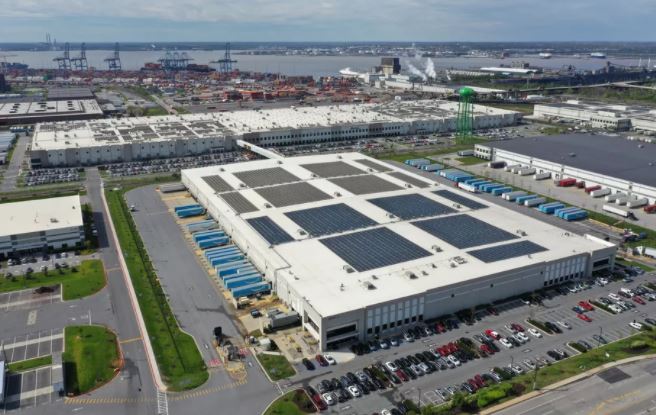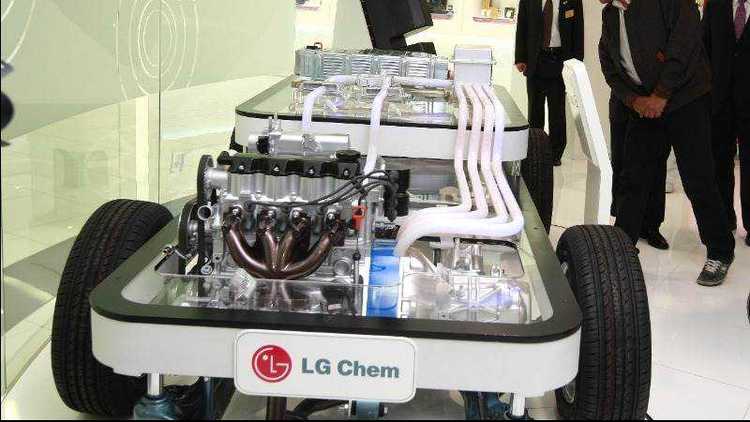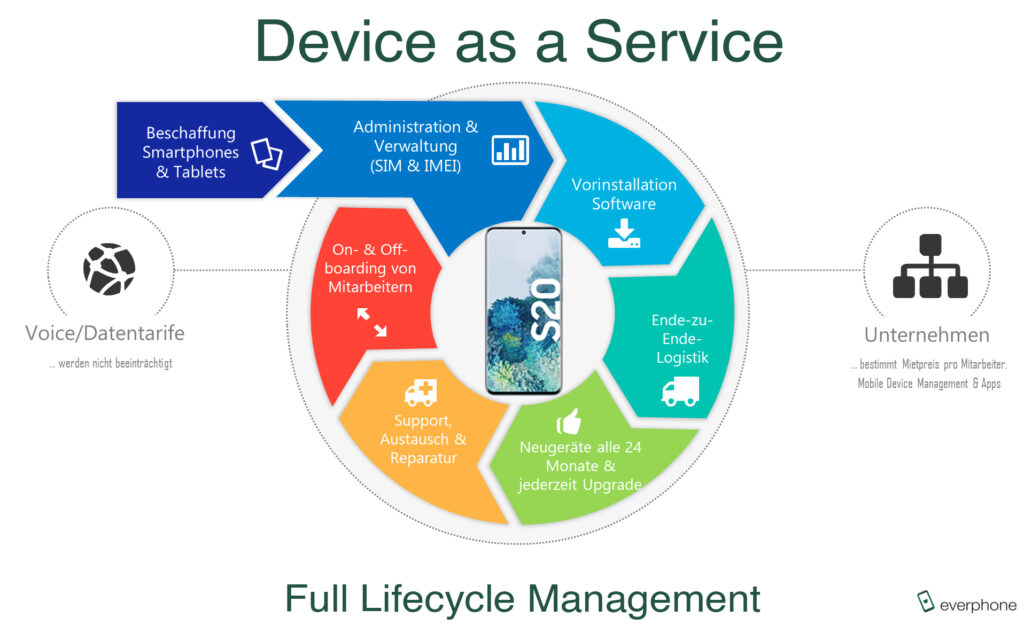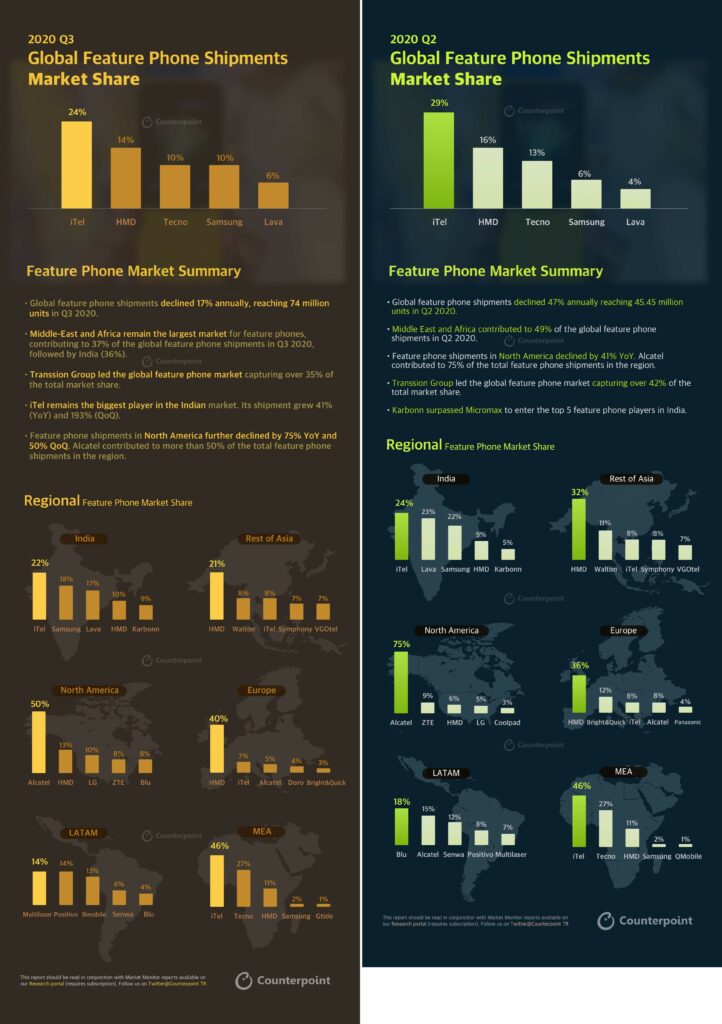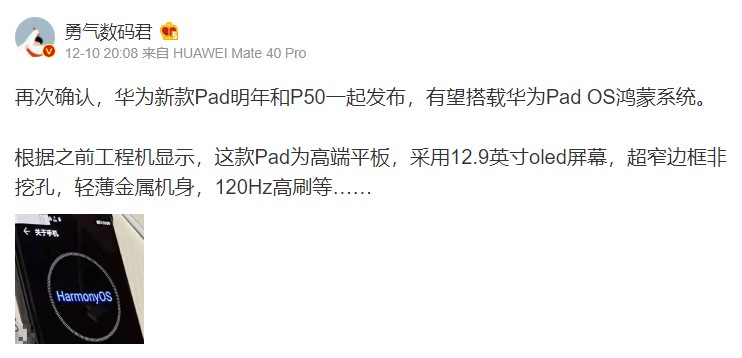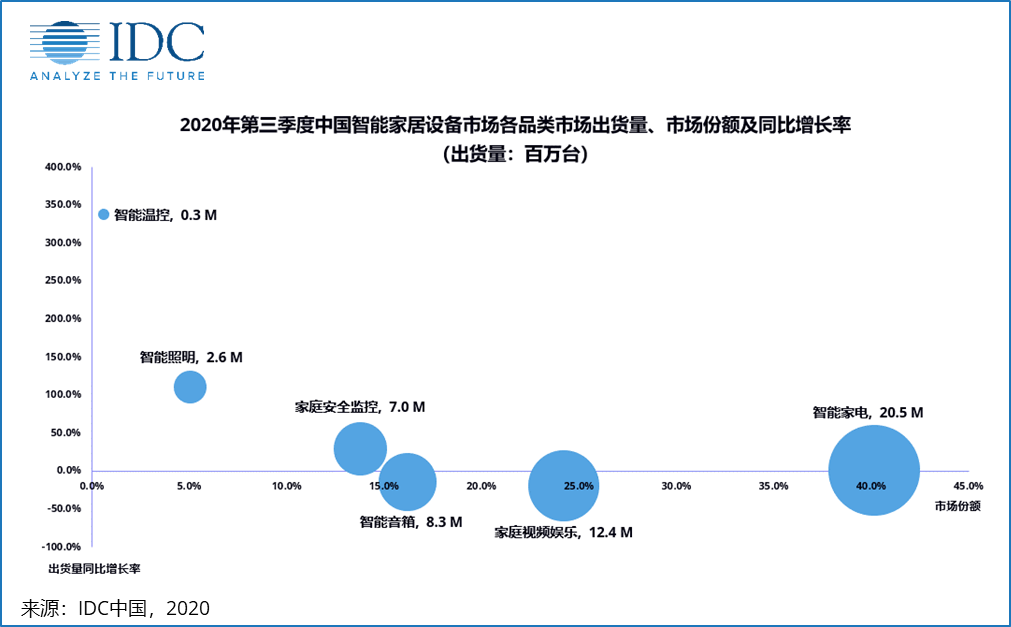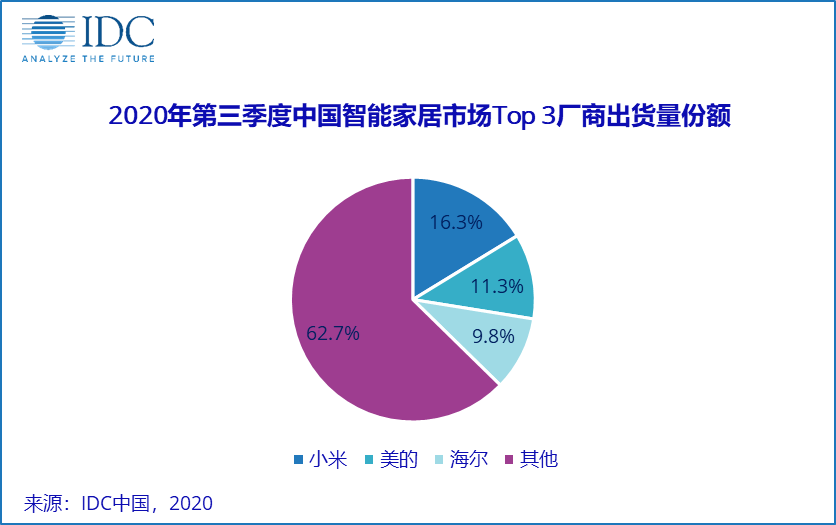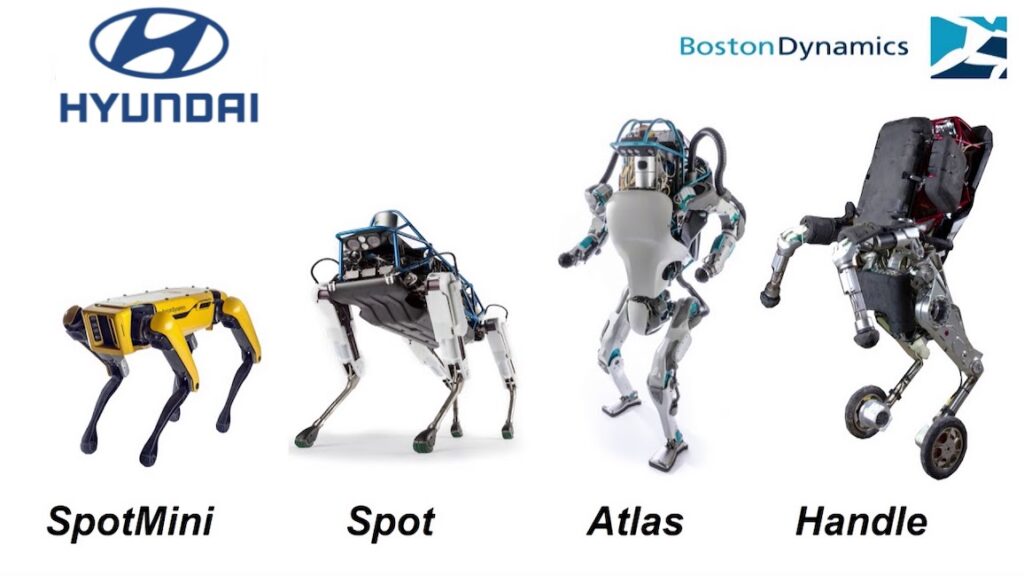
12-12 #ReadMore : Google, OPPO, vivo and Xiaomi are reportedly to launch foldable phones in 2021; Xiaomi plans on doubling its number of engineers at its research and development center in Japan; etc.
Johny Srouji, Apple’s senior vice president of hardware technologies, has revealed that Apple has started building its own cellular modem for future devices, a move that would replace components from Qualcomm. He has indicated that the USD1B acquisition of Intel’s modem business in 2019 helped Apple build a team of hardware and software engineers to develop its own cellular modem. (Bloomberg, Phone Arena)
Following spending of USD106.1B in 2018 and USD102.5B in 2019, worldwide semiconductor capex is expected to grow 6% to USD108.1B in 2020, according to IC Insights. The foundry segment is estimated to represent 34% of semiconductor capital spending in 2020, the largest portion of all product/segment types. Foundry also held the largest share of spending in 2014, 2015, 2016 and 2019. With a focus on being the leading provider of 7/5nm process technology, TSMC accounted for essentially all of the increase in foundry capital expenditures in 2019. (IC Insights, press, Digitimes)
Vanguard International Semiconductor (VIS) chairman Fang Lue has revealed that under high demand from various applications, it is expected that the 8” foundry shortage will continue until 3Q21. The company is still undergoing expansion, the clean room is also ready, and the production can be expanded when the equipment is in place. (Laoyaoba, CNYES, TechNews, CTEE, Digitimes)
Google, OPPO, vivo and Xiaomi are reportedly to launch foldable phones in 2021—Samsung will announce at least 3 models, OPPO, vivo, and Xiaomi will announce 4 models between them, and Google will also announce 1 model. (Gizmo China, Twitter)
Samsung has filed a design patent titled ‘foldable electronic device’. The clamshell foldable smartphone in this design patent is similar to the Galaxy Z Flip and Galaxy Z Flip 5G but with a larger cover display, more cameras, and a better hinge. (Gizmo China, LetsGoDigital)
Samsung Electronics is reportedly planning on transferring hundreds of its employees from Samsung Display to its Semiconductor business. The company is planning exit the LCD business by Mar 2020. It initially planned to exit within 2020 but the pandemic has increased demand for LCD and customers have requested it extend the deadline. Samsung Display has previously said it plans to invest KRW13.1T by 2025 to develop quantum dot (QD) displays. (Gizmo China, The Elec)
SK hynix has announced the completion of developing the industry’s most multilayered 176-layer 512 Gigabit (Gb) Triple-Level Cell (TLC) 4D NAND flash. The data transfer speed also has been improved by 33% to 1.6Gbps adopting speed-up technology without increasing the number of processes. (Laoyaoba, AnandTech, SK hynix)
Apple’s patent titled “enhanced under-display fingerprint sensing using angle-focused narrow field-of-view filters” has proposed to put the fingerprint sensor underneath the display. Most of the patent application is focused on the difficulties of emitting light so that the display can show an image, but then reflecting an optical scan of a fingerprint back into the device. Apple’s proposal is for a display that, “includes a light-emitting layer, an optical layer, a filter layer and a pixelated image sensor”. (Apple Insider, USPTO)
Israeli lidar startup Innoviz Technologies has announced that it will become publicly listed through a special-purpose acquisition company (SPAC) merger, where a “blank check” shell corporation — Collective Growth Corporation — will take it public without going through the traditional IPO process. Innoviz says the cash-and-stock transaction values it at USD1.4B. (VentureBeat)
Amazon claims that it is the largest corporate purchaser of renewable energy in the world. The company’s investment in wind and solar projects grew to 6.5 GW, enough to power 1.7M homes in the US for a year. That surpasses Google, which previously said it held the title as the biggest corporate buyer with 5.5GW of renewable energy projects under contract. (CN Beta, The Verge, Amazon, Google)
LG Chem is reportedly developing module-less battery packs for use in electric vehicles (EVs) and likely to adopt LFP (lithium iron phosphate) cells in a bid to compete for orders from clients outside China. Module-less battery packs are a follow-up to the MPI (module pack integrated) platform that LG Chem has developed, and MPI platform features smaller dimensions to reduce production cost by 30% and hike energy density by 10% for battery packs. (CN Beta, CSIA, Digitimes)
SK Innovation have sent out almost no new orders to its suppliers during 2H20. This is due to its prolonged lawsuit over battery technology with rival LG Energy Solution. SK Innovation was initially planning to put in orders around Oct 2020 in time with US International Trade Commission’s final judgment on the lawsuit between the two Korean battery companies. (Laoyaoba, The Elec)
Samsung Germany has introduced a new method of acquiring flagship phones through a rental service powered by Grover. Customers can now choose to rent one of the Galaxy S20 models including the Galaxy S20 FE for anywhere between EUR29,90 and EUR69.90. (GSM Arena, Sam Mobile, Samsung)
According to Counterpoint Research, global smartphone market shipments declined 4% YoY but grew 32% QoQ to reach 366M units in 3Q20. Global feature phone shipments declined 17% annually, reaching 74M units in 3Q20. (Counterpoint Research, CN Beta, GSM Arena)
Xiaomi plans on doubling its number of engineers at its research and development center in Japan. The company seeks to expand its presence in the region as its rival Huawei struggles due to pressures from US sanctions. It even plans to roll out more than 15 consumer electronic appliances and other gadgets in the country as well, which can be paired with smartphones in the arriving year. (Nikkei Asia, Gizmo China)
An Israeli company Bsightful uses mobile ads to locate the smartphone user with accuracy as high as 1m. By using freely-offered information on users from app developers, the company can locate most anyone with minimal information. Bsightful is allegedly selling this data access to governments, police, or other organizations. (Forbes, Android Authority)
Samsung is reportedly working on a new lineup of budget tablets dubbed Galaxy M tablets. The company is gearing up to launch the first tablet in the Galaxy M series, called Samsung Galaxy Tab M62. The new Galaxy Tab M series will join the existing Galaxy Tab A series and Tab S series. (GizChina, Sam Mobile, Phone Arena, 91Mobiles)
Huawei is reportedly launching new tablet along its new smartphones P50 series early 2021. The tablet is believed to feature PadOS, which is based on the Harmony OS system is specifically designed for the tablet Harmony system. (Gizmo China, GSM Arena, Weibo, Sparrow News)
According to IDC, in 3Q20, China’s smart home devices shipments are approximately 51.12M units, down 2.5% YoY. It is mainly affected by the decline in shipments of smart speakers and home video entertainment equipment. The smart speaker shipped approximately 8.29M units in 3Q20, down 14.7% YoY, and home video entertainment equipment shipped approximately 12.38M units, down 19.9% YoY. (GizChina, IDC)
Hyundai Motor will continue developing Urban Air Mobility (UAM), an innovative means of transportation that will help reduce urban congestion and improve people’s quality of life. The company plans to introduce air cargo Unmanned Aircraft System (UAS) with hybrid powertrain in 2026, and launch an all-electric UAM model optimized for intra-city operations in 2028. (CN Beta, Hyundai, Hyundai, Hyundai)
Apple is moving ahead with an autonomous vehicle. It is reportedly already talking to component makers and might unveil the Apple Car in 2024 or 2025. Apple supposedly has a preliminary design, and is eyeing a factory in the US. (Cult of Mac, CN Beta, Ubergizmo, Digitimes)
Hyundai Motor is reportedly to acquire the US robotics firm Boston Dynamics from SoftBank Group for slightly less than KRW1T (USD921M). The companies have been discussing a sale since at least early Nov 2020. (Android Headlines, TNW, Korea Economic Daily, Bloomberg)
LG Electronics has unveiled a new robot that kills germs with ultraviolet lamps. The robot, called LG disinfection robot, uses ultraviolet-C (UV-C) lamps on its sides to kill germs. UV-C has wavelengths between 100 to 280nm which can kill various germs. (Gizmo China, The Elec)

